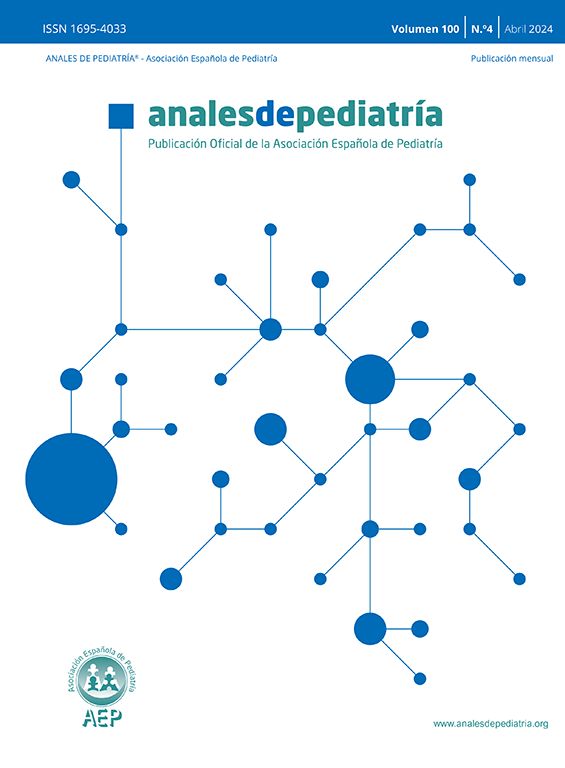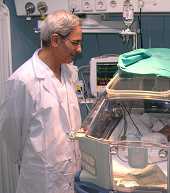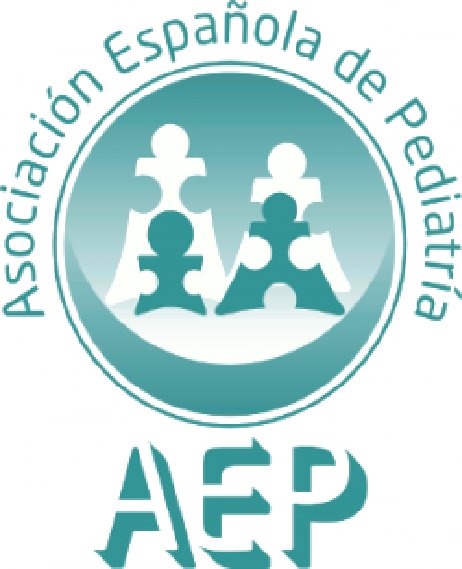En la práctica clínica diaria gran número de padres acuden con sus hijos a las consultas de pediatría por dolores abdominales que cursan de forma recurrente. La experiencia clínica acumulada ha demostrado que una vez realizadas las pruebas diagnósticas pertinentes, la mayoría de estos cuadros no presentan causa orgánica que los justifique y por ello son denominados dolores abdominales recurrentes funcionales. La aparatosidad de estos cuadros clínicos suele llevar a los padres a solicitar consultas médicas urgentes, realizar numerosas pruebas complementarias y, en los casos graves, a ingresos hospitalarios durante tiempo prolongado que no suelen demostrar eficacia terapéutica y suponen un riesgo añadido para la salud mental de estos niños. En la mayoría de los casos están implicados elementos psíquicos que son determinantes en el inicio y mantenimiento de los dolores, por lo que es imprescindible un abordaje mixto psicopediátrico que preserve en todo momento la continuidad terapéutica. Por todo ello se ha considerado conveniente revisar los aspectos psiquiátricos y psicológicos implicados en esta enfermedad.
Pediatricians find that in daily clinical practice they are frequently visited by parents with children that have recurrent abdominal pain. Clinical experience has demonstrated that, after performing all relevant diagnostic tests, no medical condition justifying such investigations is involved in more than half of these disorders. Consequently, these disorders are called functional recurrent abdominal pain. The dramatic nature of their children' s symptoms often leads parents to seek urgent medical consultations and ask for additional complementary tests; in serious cases, these disorders can lead to prolonged hospitalization with no proven therapeutic efficacy and which pose an additional risk for the child' s mental health. In most patients, psychological factors are involved which play a key role in the onset and persistent nature of abdominal pains. Consequently, a psychopediatric approach preserving therapeutic continuity should be adopted. For these reasons, we consider a review of the psychiatric and psychological aspects involved in this disorder to be opportune.





